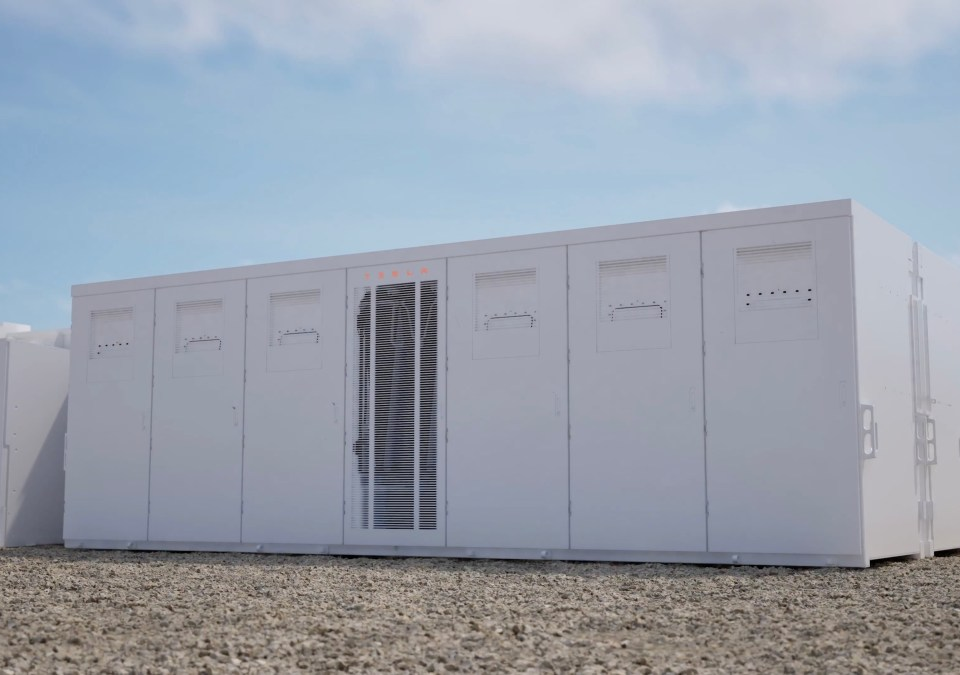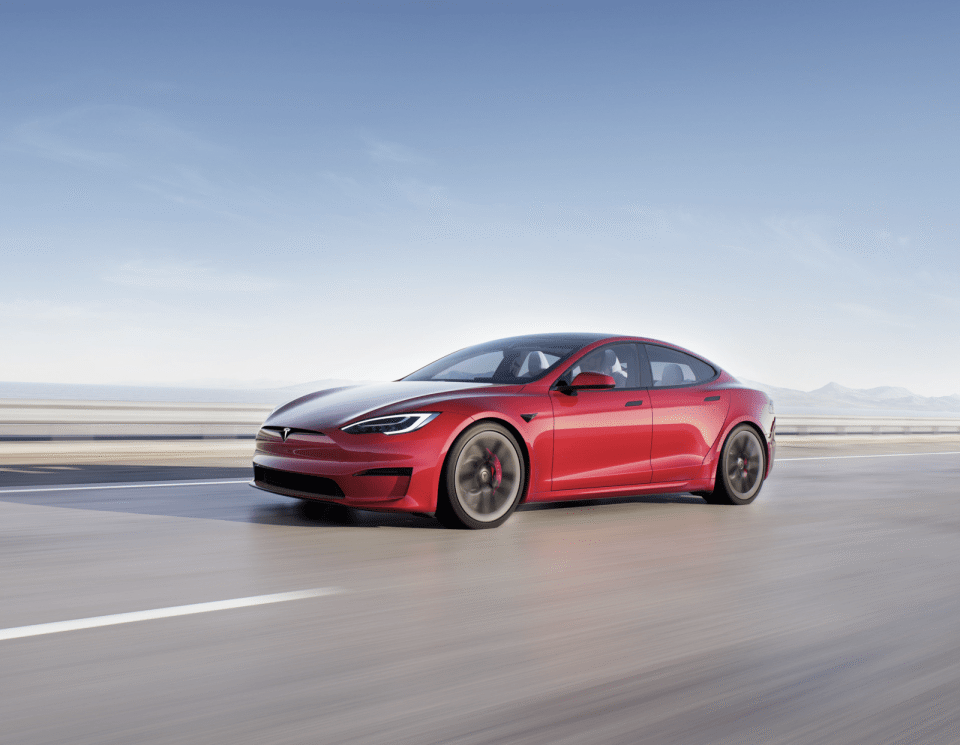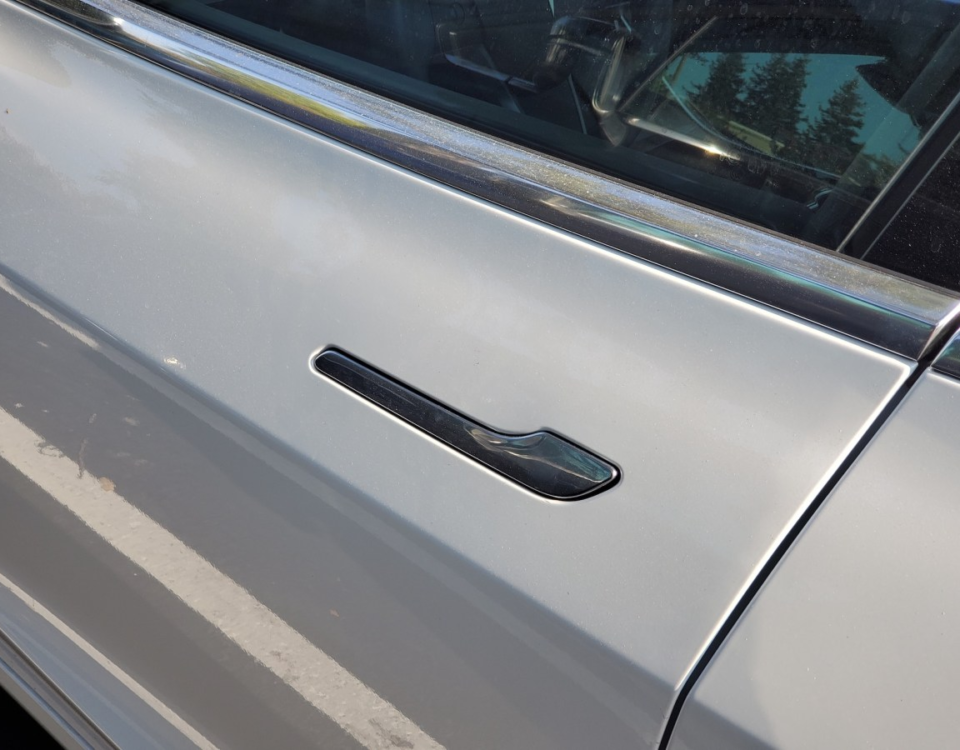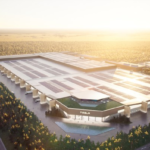
Tesla’s Berlin factory to shut down for days after suspected arson attack cuts power
March 7, 2024
Amber launches Tesla warranty service to help owners of aging EVs
March 22, 2024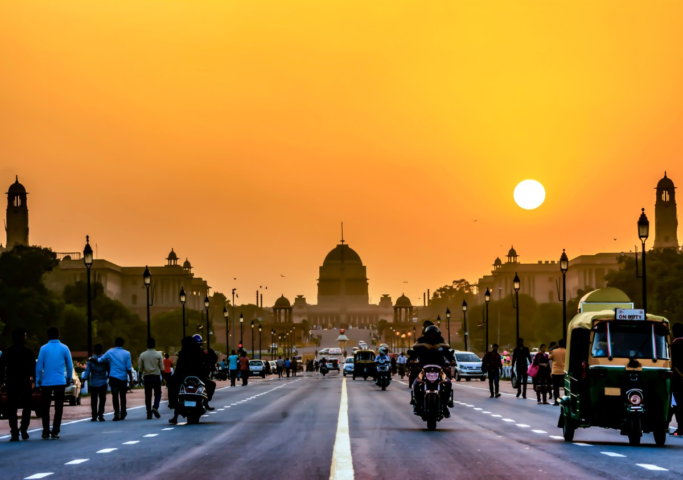
India will lower import taxes on certain electric vehicles for companies committing to invest at least $500 million and setting up a local manufacturing facility within three years, a policy shift that could potentially bolster Tesla’s plans to enter the South Asian market.
Companies must invest a minimum of $500 million in the country and will have three years to establish local manufacturing for EVs with at least 25% of components sourced domestically, according to a government press release on Friday. Firms meeting these requirements will be allowed to import 8,000 EVs a year at a reduced import duty of 15% on cars costing $35,000 and above. India currently levies a tax of 70% to 100% on imported cars depending on their value.
The policy change is likely going to pave the way for Tesla to enter India, as the Elon Musk-led company has been in talks with the government to lower import duties on its electric cars for years. The move also aligns with India’s goal to boost the adoption of EVs and reduce its dependence on oil imports, with the country setting a target of achieving 30% electric car sales by 2030.
The new policy “will provide Indian consumers with access to latest technology, boost the Make in India initiative, strengthen the EV ecosystem by promoting healthy competition among EV players leading to high volume of production, economies of scale, lower cost of production, reduce imports of crude oil, lower trade deficit, reduce air pollution, particularly in cities, and will have a positive impact on health and environment,” the Ministry of Heavy Industries said in a statement.
India’s Commerce and Industry Ministry said separately the firms that invest at least $800 million in the country will be allowed to import up to 40,000 EVs, with a maximum of 8,000 units per year.
Tesla has been looking to enter India for several years. The carmaker initially wanted to establish a local footprint in 2021. Musk later resisted the India launch plan until New Delhi allowed the company to sell and service imported cars in the country.
Tesla is expected to enter India by importing its EVs from China’s Shanghai, though it would move its manufacturing and battery plant over the next couple of years, BofA analysts wrote in a note late last year. The company is also estimated to launch a sub-$25,000 model — more affordable than its cheapest model in China (where Tesla sells cars priced between $32,000-33,000) — to cater to its Indian customers and take on incumbents, including Tata Motors and Hyundai.
“Net net, Tesla would be relevant for top 20-25% of PV mkt initially & assuming 30-40% EV shift here plus dominant share would yield 100-200K vols. Hence, it will likely still be long road for Tesla to garner scale volumes at this price point in India for its planned capacity of 500K pa,” the BofA analysts wrote.
Unlike the U.S. and other major automobile markets, India’s average car price is less than $10,000, and 70% of the cars sold in the country are below $15,000. Therefore, Tesla may use India as a manufacturing base to export its vehicles to Southeast Asia, the analysts estimated.
In September, India’s Commerce Minister Piyush Goyal said Tesla targeted to almost double its automobile component sourcing from India to $1.7-$1.9 billion in 2023 from $1 billion in 2022.
Alongside Tesla, Vietnam’s electric carmaker VinFast sees India as its new manufacturing hub. Earlier this year, VinFast, which is currently struggling in the U.S. and Canada, announced its plans to invest $2 billion in the country, with $500 million specifically to set up a 400-acre integrated facility in the Southern state of Tamil Nadu.
Lotus Cars, the sports car maker owned by China’s Geely, also entered India last year by partnering with a local importer and launching its electric SUV Eletre.
Even though the Indian government intends to attract foreign EV players by introducing friendlier import tax policy, the country is primarily a two-wheeler-driven market. It also has local carmakers Tata Motors and Mahindra & Mahindra that often attempt to resist global players from expanding in the country.

